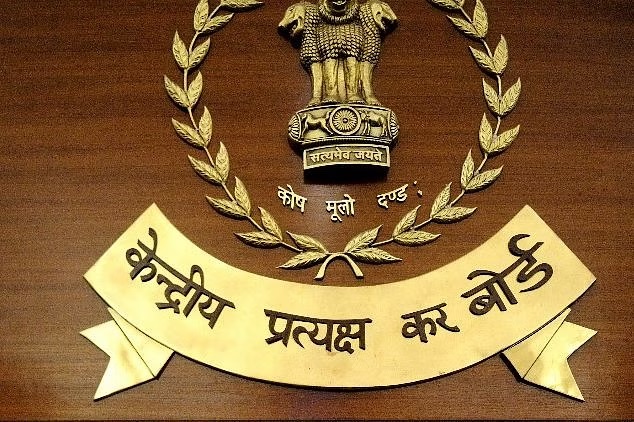Income Tax News: The Central Board of Direct Taxes (CBDT) has given relief to those who pay income tax. Now interest up to Rs 1.5 crore on the tax payable can be waived off. However, some conditions have also been added to this. Only if the taxpayer meets these conditions, a decision will be taken to waive off the interest.
There is a relief news for those who pay income tax. The Central Board of Direct Taxes (CBDT) has given some relaxation to the tax officers regarding the interest charged on not paying the due tax as per the tax demand notice. This relaxation has been given with some conditions. According to this relaxation, the authorities can now reduce or waive the interest charged on tax.
The CBDT issued a circular on November 4 prescribing monetary limits for officers to reduce or waive interest paid or payable under section 220(2) of the Income Tax Act, which is an order issued under section 119(1) of the Income Tax Act.
How much was the interest?
Under Section 220(2) of the IT Act, if a taxpayer fails to pay the tax specified in the demand notice under Section 156, he has to pay interest on that amount at the simple rate of 1 per cent per month for every month of delay. Under Section 220(2A), the Principal Chief Commissioner or Chief Commissioner or Principal Commissioner or Commissioner rank officers have the power to reduce or waive the amount of interest payable.
How much amount can be waived off?
CBDT in the circular informed about the limit of interest amount which these officers will have the jurisdiction to waive or reduce.
- An officer of the rank of Principal Chief Commissioner can decide to waive or reduce interest payable exceeding Rs 1.5 crore.
- If the interest payable is from Rs 50 lakh to Rs 1.5 crore, then an officer of the Chief Commissioner rank can take the decision.
- If the interest payable is up to Rs 50 lakh, the Principal Commissioner or a Commissioner rank officer can decide to reduce or waive it.
These conditions have to be taken care of
The circular also explains the conditions under which these officers can take a decision under section 220 (2A). According to this, the first situation is if the amount of interest is such that it has become very difficult to pay it or it is going to be very difficult.
The second situation is if the person could not pay the interest due to a reason which was not in his control. The third situation is that the taxpayer has cooperated with the officials in the investigation related to the recovery or assessment of any outstanding amount.















